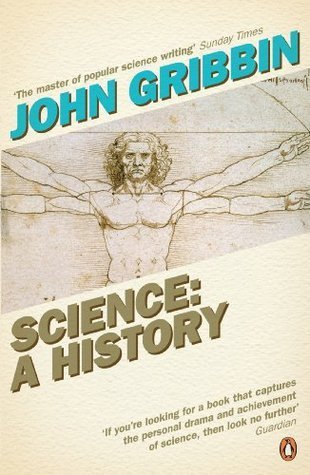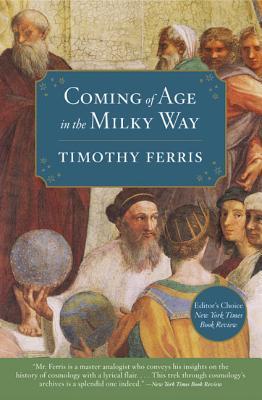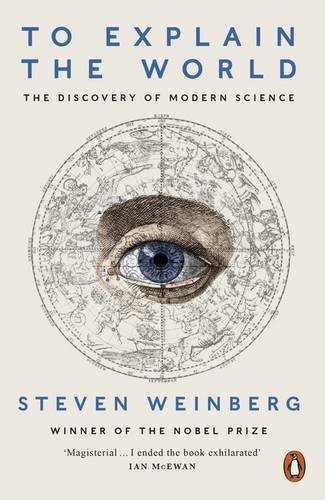
Science: A History
Book Description
What if the secrets of the universe were waiting to be uncovered, hidden within the stories of daring pioneers and revolutionary ideas? In "Science: A History," John Gribbin takes readers on an electrifying journey through time, from the ancient whispers of philosophers to the groundbreaking experiments that reshaped our world. Each chapter unfolds a new conflict—between faith and reason, tradition and innovation—driving humanity’s relentless pursuit of knowledge. This is more than a recounting of facts; it's a thrilling exploration of the minds that dared to challenge the status quo. Are you ready to witness the pivotal moments that forged the science of today?
Quick Book Summary
"Science: A History" by John Gribbin traces the epic saga of scientific discovery from the Renaissance to the modern era. Gribbin delves into the intertwined narratives of fearless thinkers—Copernicus, Galileo, Newton, Darwin, Einstein—and the societies that both nurtured and resisted their work. The book reveals not only the groundbreaking theories that have expanded our understanding of the universe but also the personal rivalries, collaborations, and setbacks that shaped scientific progress. Gribbin illuminates how the scientific enterprise is driven by a potent mix of curiosity, skepticism, and competition, exploring the delicate interplay between faith, reason, and evidence. Readers are invited to witness the pivotal moments and enduring controversies that have defined the scientific quest, gaining insight into how our collective pursuit has transformed civilization.
Summary of Key Ideas
Table of Contents
The Evolution of Scientific Thought
The journey of scientific thought begins with the Renaissance, where renewed curiosity led thinkers to challenge classical dogmas. Figures like Copernicus and Galileo ignited a revolution by questioning Earth’s place in the cosmos and championing direct observation. This departure from tradition marked the emergence of a systematic, evidence-based approach. The Scientific Revolution built the foundation for progress, setting the stage for further breakthroughs that would reshape humanity’s worldview through the centuries.
Conflict Between Faith and Reason
At the heart of this story lies a persistent tension between faith and reason. The book highlights key moments when religious orthodoxy clashed with emerging scientific ideas, from Galileo’s trial to Darwin’s theory of evolution. These conflicts were not mere footnotes but catalysts that pushed science to clarify its methodology and values. Through these challenges, the scientific enterprise honed its emphasis on skepticism, repeatability, and proof.
Collaboration and Rivalry in Discovery
Scientific discovery, as Gribbin illustrates, has always been fueled by both fierce rivalry and spirited collaboration. Newton and Leibniz raced to develop calculus; the 20th-century saw a competitive sprint to decode atomic structure. Yet, science also flourished because of the cumulative nature of knowledge, as researchers built on each other's work, propelled by both mentorship and intellectual debate. The book brings these relationships to life, showing how personalities and networks intertwined with breakthroughs.
The Impact of Technological Innovation
Advancements in technology transformed what science could achieve. The invention of the telescope, microscope, and later particle accelerators and supercomputers expanded the horizons of inquiry. These tools not only enabled paradigm-shifting discoveries—from understanding the cell to unraveling quantum mechanics—but also changed the very questions scientists could ask. Gribbin underlines how technology and theory marched forward hand-in-hand, spurring waves of progress.
The Human Element in Scientific Progress
Throughout, Gribbin emphasizes the deeply human drive behind the pursuit of knowledge. Scientists are portrayed not as detached geniuses but as individuals shaped by ambition, doubt, and circumstance. Their stories are shaped by cultural, political, and economic forces. The risks they took and their willingness to challenge the status quo resulted in setbacks as well as stunning triumphs. The book closes by reflecting on how this dynamic tradition continues to shape modern science, inviting readers to see themselves within this ongoing quest for understanding.
Download This Summary
Get a free PDF of this summary instantly — no email required.





